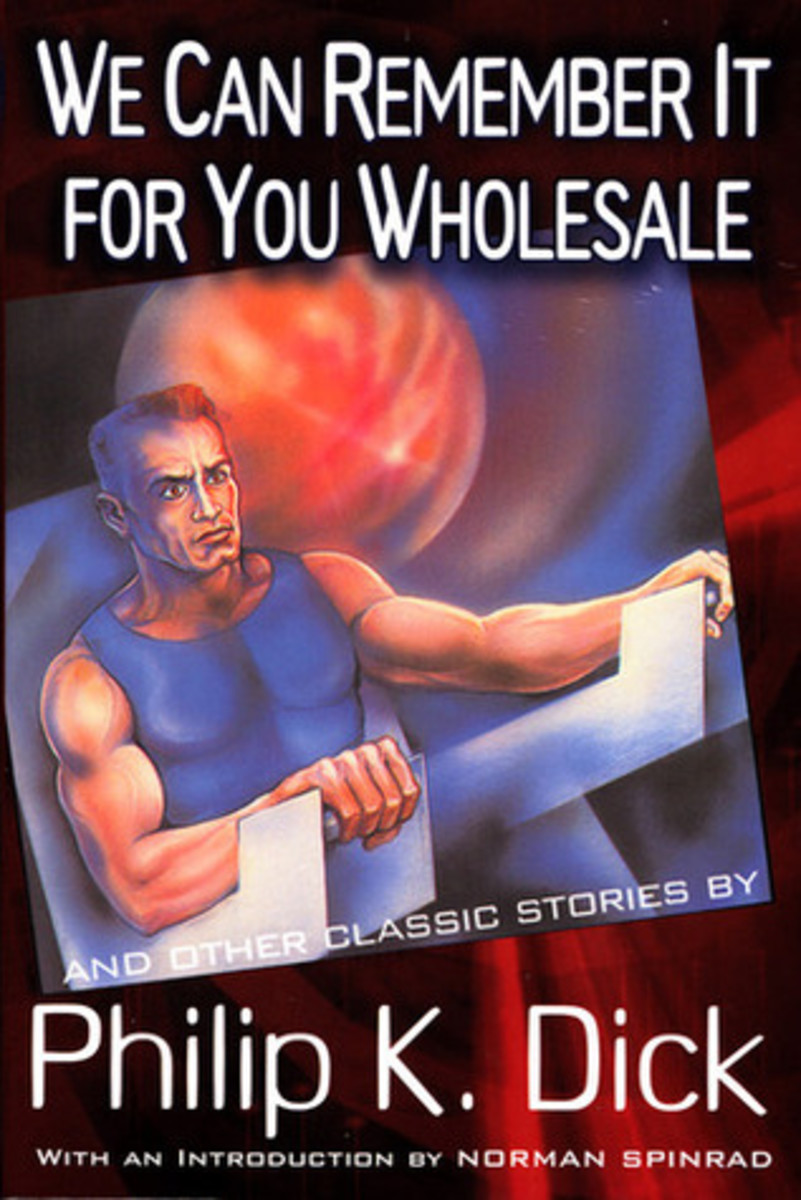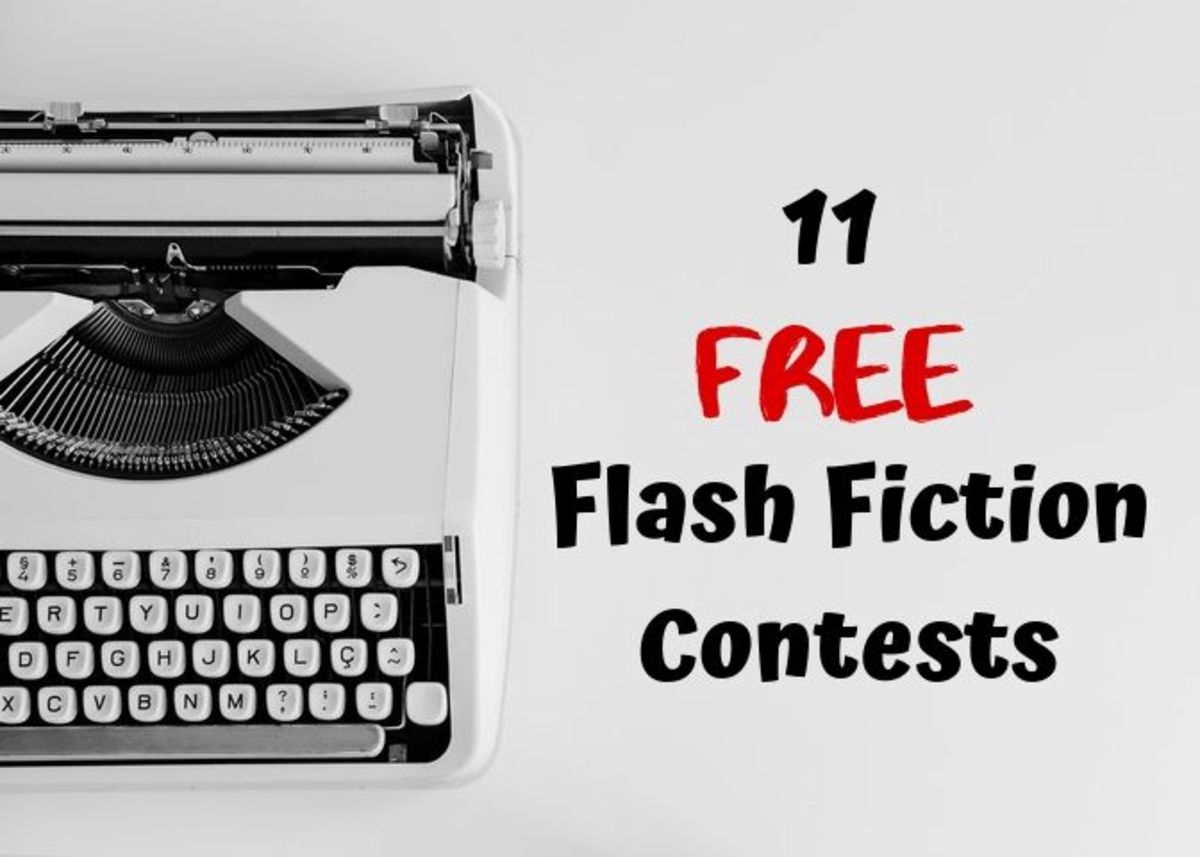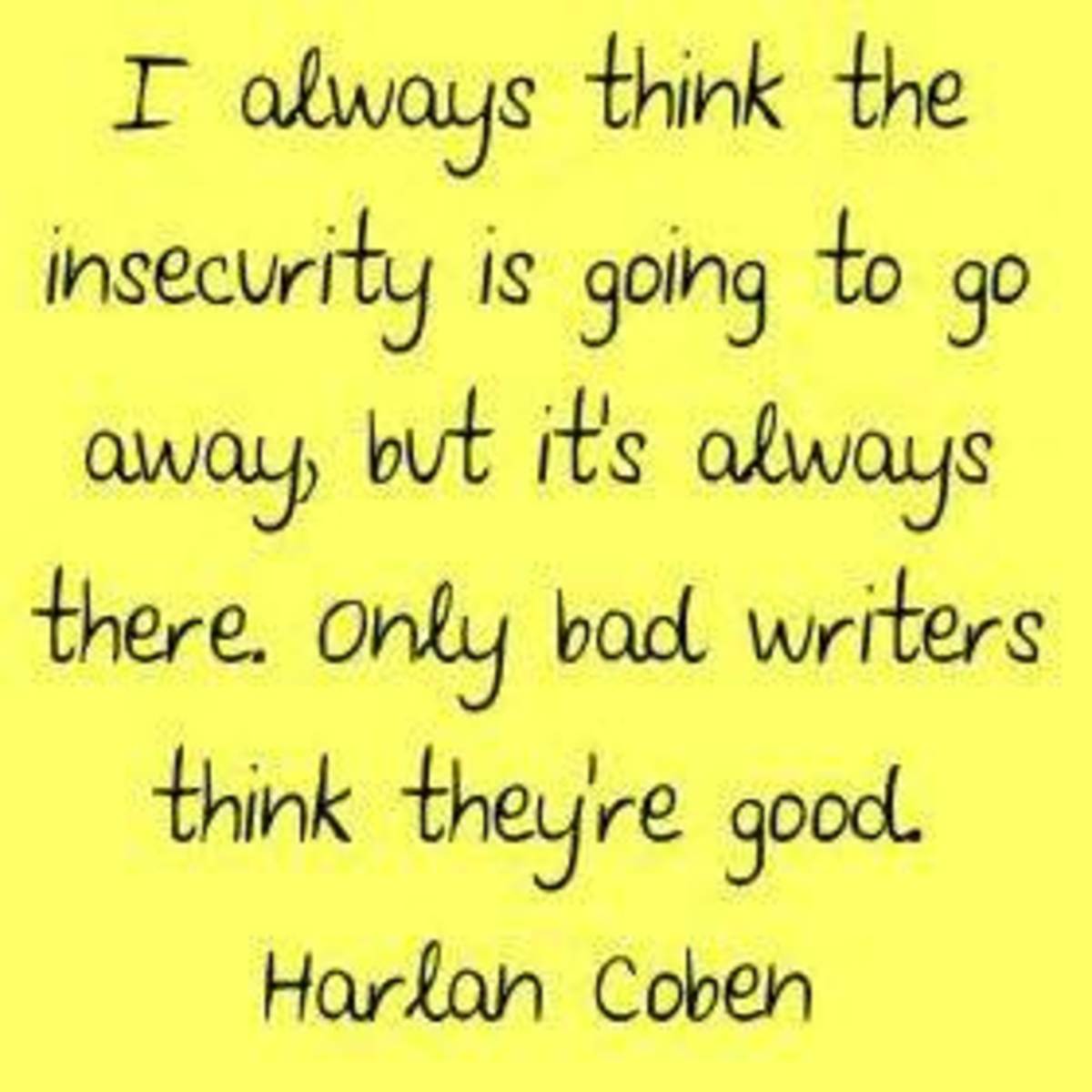How (and Why) to Write with Word Limits
Why write with word limits?
Creative writing comes in all shapes and sizes and, just like in fashion, trying on a new style can help broaden your horizons, jump start your creativity and refine your tastes.
If you’re used to writing stories of a certain length trying to go longer or shorter can be a great challenge. It will force you out of your comfort zone and make your brain work at new ways to tell stories, weave words, tension and background to keep things interesting.

The limits:
Hemingway-style (6-20 words)
What fiction author doesn’t want to emulate Hemingway? Okay, there were aspects of his life that may be undesirable but dammit, the man could write. It was Hemingway who popularized brevity in prose. His short, concise and simple diction have helped to shape the way fiction is written today. He was one of the first, and most famous, to break away from the heady, purple prose of the Victorian age. The piece that many consider to be his best is also his shortest. The famous six-word story:
For sale: Baby shoes, never worn.
Never mind a picture says a thousand words. With Hemingway at the wheel six words can say a thousand words. Stories under twenty words may not be in high demand but they are a great tool for creative writers at every stage of the game.
Yes, Hemingway makes it look simple but creating a meaningful story with so few words is a great challenge that will train you to infuse incredible meaning into every word. When your working with such brevity every word is expensive, and you must spend wisely.
It may seem like a tall order but if you can write a meaningful story with six words just imagine what you can do with 100,000.
Postcard story (250 words or fewer)
This super short story gives you a little more leeway than the one sentence story above. Limit yourself to 250 words or a little less than a page. It’s not hard to fill the space but here’s the catch: you need a beginning middle and end, a conflict and a resolution. Your story needs to meet all the requirements of every other piece you’ve ever written and it needs to do it in less than a page.
This is a great challenge in true brevity and in my opinion will improve your craft more than the one-sentencer above, especially if you’re more accustomed to longer pieces. When you have to include characterization, foreshadowing, dialogue, motivation, plot and theme into a page you become very careful about every sentence, every word and every grammatical point. Write enough of these and you will become a master at squeezing each word for everything it’s worth.
- What is a Postcard Story and How Do I Write One?
Postcard stories are, simply put, stories that you have only about 250 words to tell. It seems that these extremely short works of both fiction and non-fiction started mainly as a writing exercise. I, personally, was only introduced to them about 3..
Flash fiction (1,000 words or fewer)
In truth the above word count is not set in stone. Depending on which Flasher you talk to flash fiction can range from 75-1,500 words. In my experience though, most people stop considering it Flash at 1,000.
Just like the postcard story above fragmented storytelling is not well tolerated when it comes to such short work. The piece must be whole and complete on it’s own and have every element that you would find in a story of any other length.
I always think of writing in such short lengths as putting life under the microscope. Yes, you could tell a love story by starting with boy meets girl and following their trials and tribulations over the course of years, detailing every lover’s spat and passionate moment. But you could just as effectively tell the story by depicting a man making his wife breakfast in bed on her birthday. You can tell it in how he breaks the eggs and whether or not he burns the toast. You can tell it in whether or not she was expecting the gesture and how she reacts. It really is the little things that count most.
Short Story (1,500 to 10,000 words)
For many years I considered myself a novelist and wouldn’t even consider writing a short story. I felt like there was no point to it. In fact, it wasn’t until last year that I started taking the medium more seriously, and for that I thank Ray Bradbury. The man is a wizard with short stories. If you have only read his longer work you’re really missing out.
For many writers the appeal of short stories is that they are so approachable. A novel, all 100,000 words, can be daunting to say the least. Especially for writers who have been struggling to reach the end of one long manuscript after another. The short story can seem friendlier, that is, until you start writing it.
It’s true that short stories tend to take less time to write, but that shorter word count means that ever word is doing five or ten or twenty times the work it would have done in a novel. That can be a heavy burden to bear. I have noticed that the shorter the work the more rewrites it requires as I make sure that every word I’ve used is pulling it’s own weight.
If your new to short stories you may run into the same problem I did. My first few attempts at short fiction were basically long stories that I ended early. My husband would get so frustrated when he got to the page that told him it was The End and he knew full well that the story wasn’t over yet. If you have a similar problem I would suggest one simple remedy: devour every book of short stories you can get your hands on. My favourite book of all time is The Illustrated Man, an incredible book of absolutely chilling shorts by Ray Bradbury.
Learn more about The Illustrated Man by Ray Bradbury
- 5 Great Science Fiction Books
5 science fictions books that are must-reads whether you've loved the genre for years or are discovering it for the first time.
Novellettes (7,500 to 25,000) and novellas (20,000 to 50,000)
I’m not sure how other people came to these in-between lengths but I know that for me it was by accident. A few years ago I set out to write a bad novel. Unfortunately, I fell in love with the characters along the way and ended up devoting almost two years to attempting to make it good. That never happened, but I did learn something along the way: some stories don’t need so many words. I had meant to hit at least 150,000 but by about 50,000 my story was well and told.
My fledgling writer self was convinced there was only one way to go about things and furiously tried to stretch the work out. But I discovered fairly quickly that every time the story got a little better, it actually got shorter. When it was done (though still not good) it measured a slim 39,000 poorly written words and I had had my first experience with what, at that point in my career, I thought was brevity.
Novels (40,000 to 150,000) and super novels (150,000 or more)
And now we’re on to the big guns.
Executing a good novel takes an enormous amount of work. You have to spend years honing your craft and learning to use every tool in your literary tool belt like an extension of your own body. It’s a huge challenge, one that millions have tried and failed.
I have tried my hand at quite a few and today I think I have matured enough as a writer to know that I’m just not ready. I have been honing my craft, practising, broadening my horizons and testing my limits in a self-lead apprenticeship for years but I know that I’m not capable of 100,000 words of good writing. Not yet.
They say wisdom is knowing not only what you can do but also what you can’t. And I say practise makes better and better. So practise. Practise the hell out of every length you can. Learn brevity and careful diction in smaller arenas so that when you get to novels and super novels you’ll be well prepared to create an entire world with just your pen.








